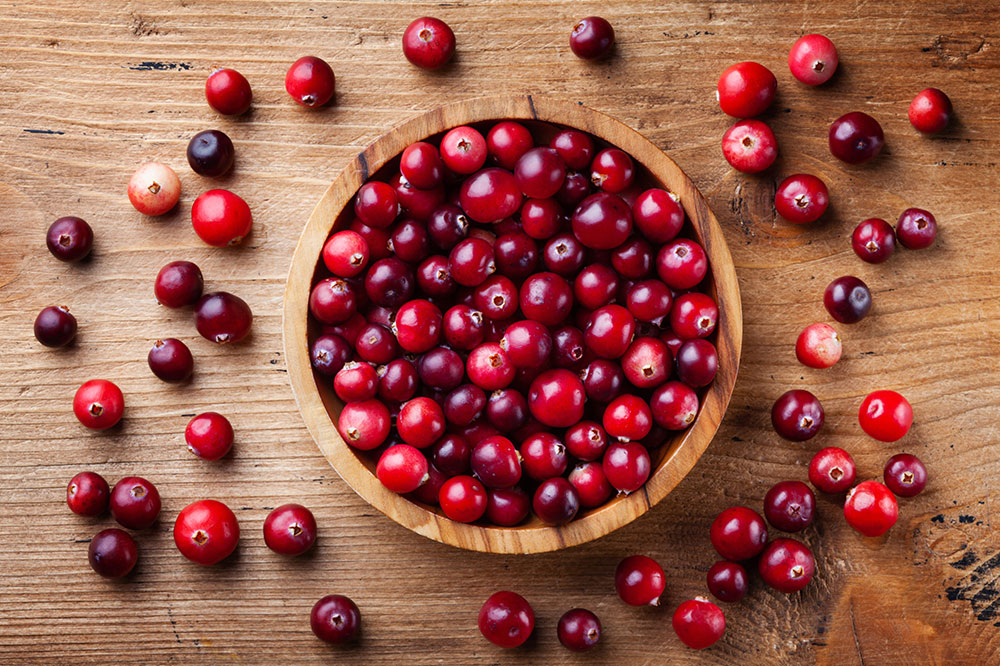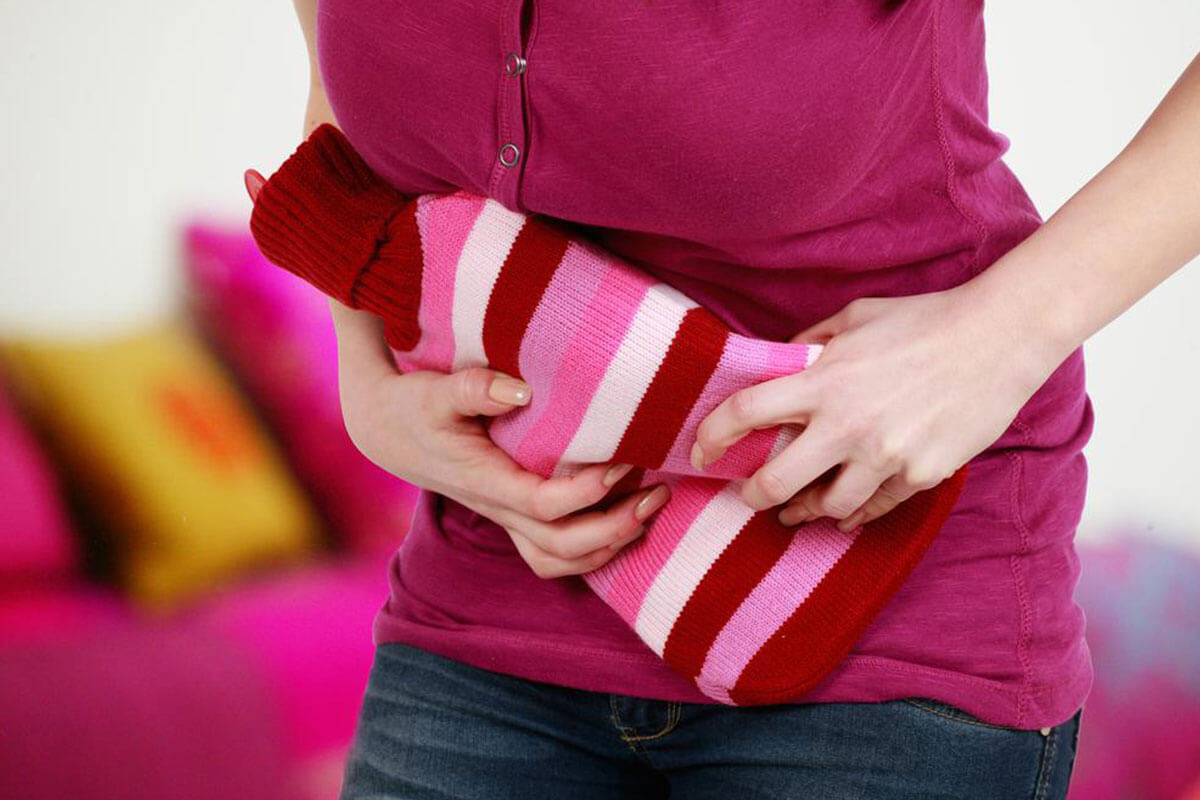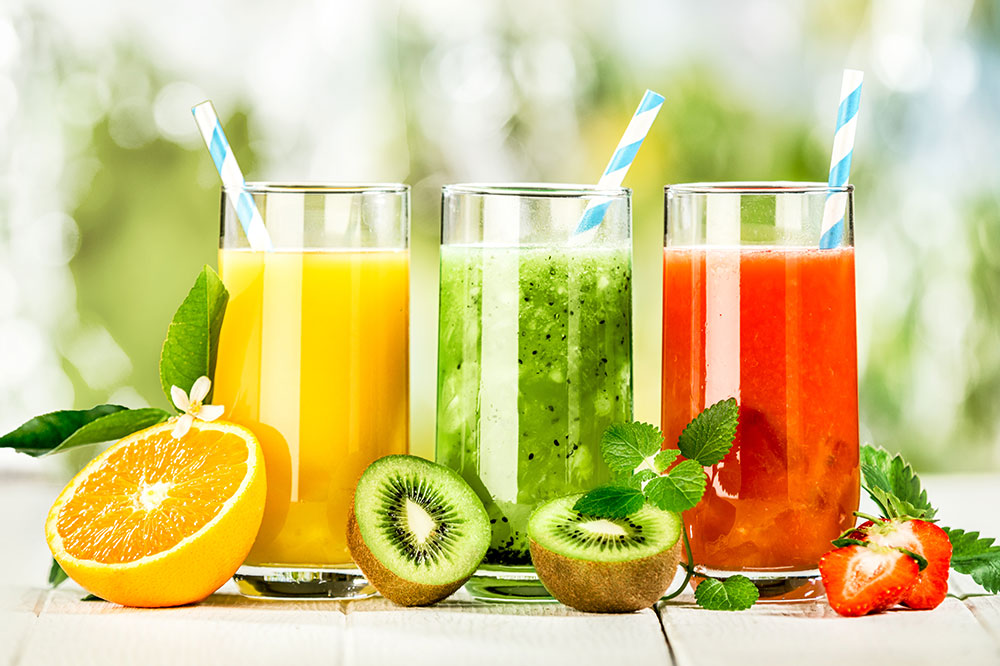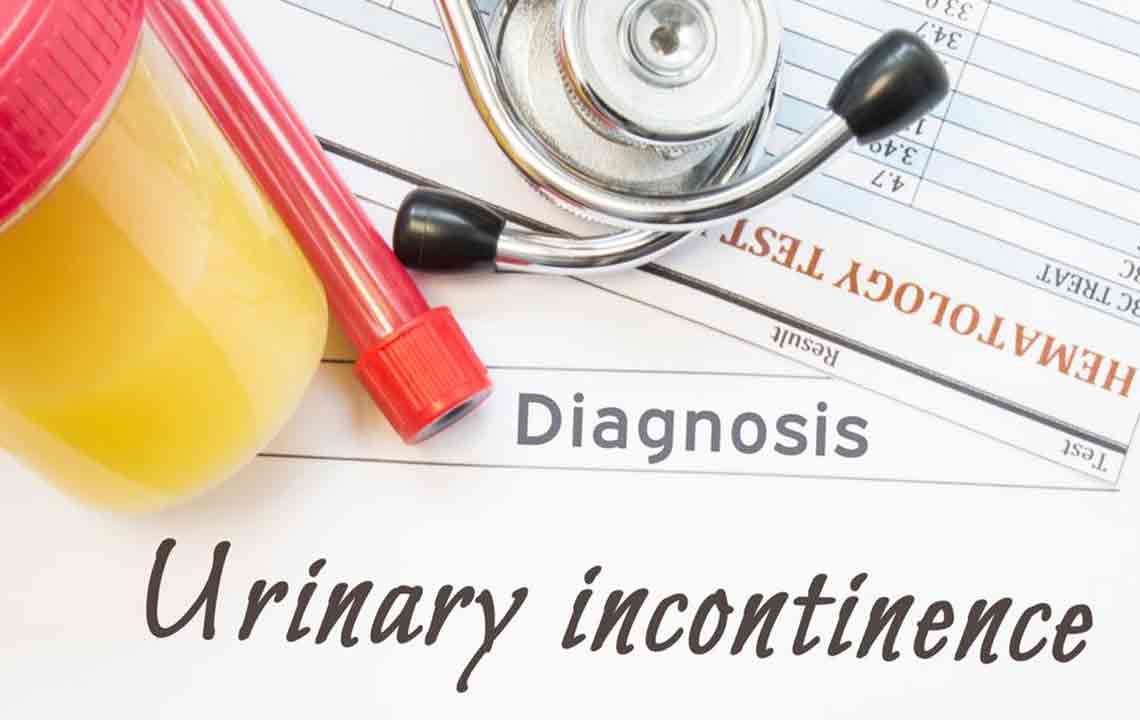11 Foods That Trigger Urinary Continence In Women
Urinary incontinence is the leakage of urine due to loss of control on the bladder. Mostly, women are affected by this condition. It is estimated that out of at least 25 million people suffering from urinary incontinence, 75 – 80% are women. The reason women are more prone to this condition is because they have a smaller urethra compared to that of men. Apart from this, menstruation, pregnancy, and menopause affect the bladder muscles indirectly.
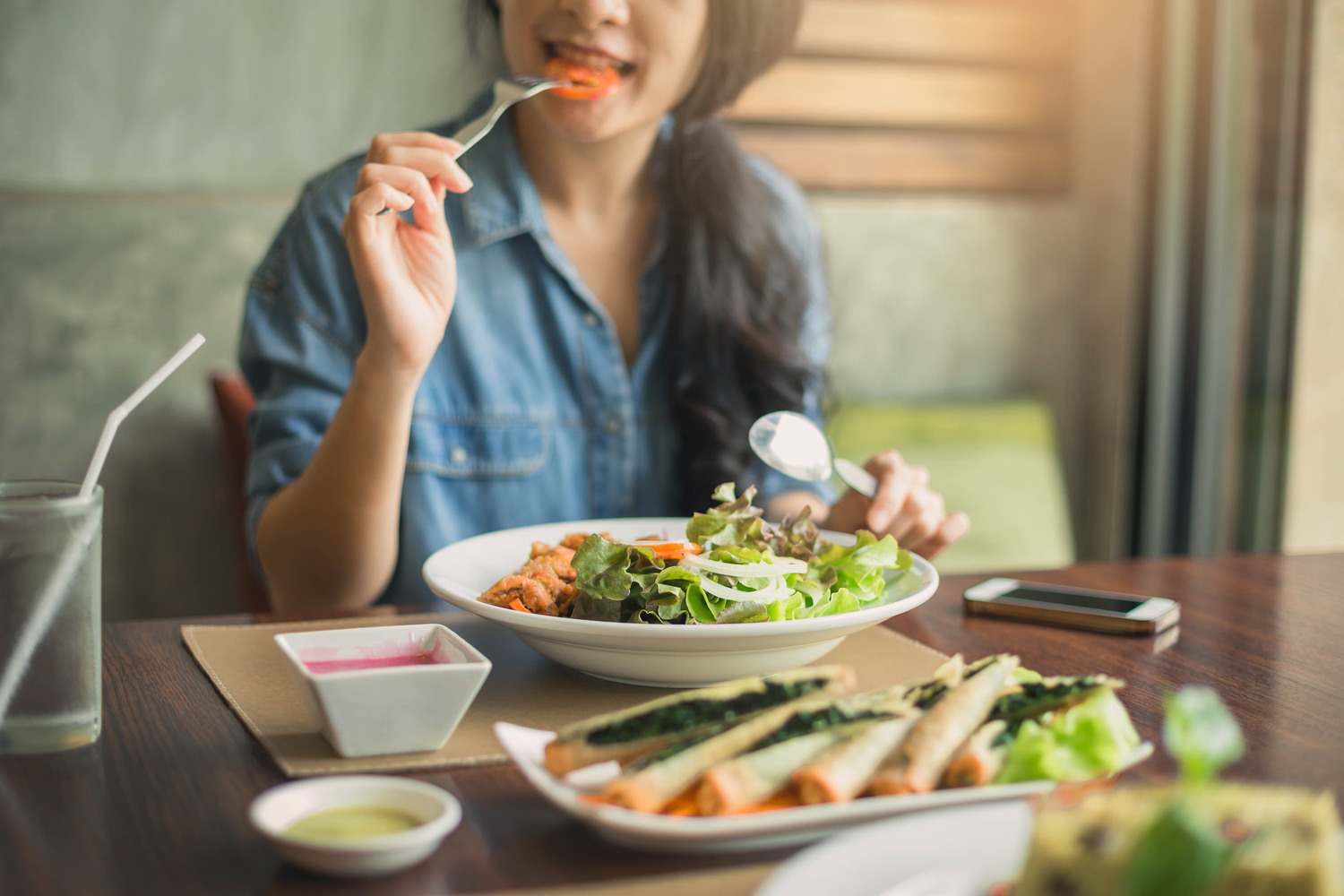
Caffeine
Caffeine is one of the most primary triggers for women’s bladder leakage. Coffee, tea, energy drinks, carbonated drinks, and even chocolates have a diuretic effect, which means they promote urination. It also affects the bladder by increasing the detrusor muscle excitability and pressure, thereby adding to the urge to urinate. Detrusor muscles, present in the bladder, contribute to the bladder strength. It has been observed that increasing caffeine intake per day increases urinary incontinence, and the severity of bladder leakage increases with age.
Alcohol
Alcohol is yet another diuretic that can worsen the symptoms of incontinence in women. Alcohol not only increases the pressure in the detrusor muscles but also reduces the control over the natural signals that indicate the brain to empty the bladder. Alcohol, being a diuretic and a laxative, worsens women’s bladder leakage. It has the same effect as caffeine has on urinary incontinence in women of different ages. This means women who are older than 50 and consume alcohol are more likely to experience worsening of symptoms when compared to women in their 30s. However, women having chronic conditions are recommended to curb alcohol completely irrespective of their age, as it can lead to other complications like urinary tract infection (UTI).
Spicy foods
Bladder leakage in women can also be significantly affected by spicy foods such as peppers, chili powder, horseradish, and other pungent spices as these can irritate the lining of the bladder. This can lead to bladder pain and increase the urge to urinate. Spicy foods also increase the tendency to drink more water, which can worsen the symptoms of urinary incontinence further.
Artificial sweeteners
Just like spicy foods, artificial sweeteners can also worsen the symptoms of urination as they make the bladder muscles hyperactive. Frequent urination can also increase a woman’s risk of suffering from urinary tract infection, which can make urinary incontinence more difficult to control. Healthcare experts suggest that these sugar substitutes also contribute to digestive problems like diarrhea, bloating, and cramps, thereby aggravating bladder leakage. Hence it is recommended to switch to natural sweeteners like honey, maple syrup, coconut sugar, and molasses, among others for better management of urinary incontinence Foods that contain artificial sweeteners include cakes, pastries, candies, and aerated drinks.
Citrus fruits
Citrus fruits such as pineapple, grapefruit, oranges, lemon, limes, and even tomatoes are acidic in nature and can exacerbate women’s bladder leakage. However, this may only be seen in women suffering from chronic urinary incontinence. Other foods that are acidic in nature and irritate the bladder include dark chocolate, coffee, soy sauce, vinegar, ketchup, and mayonnaise.
Dairy products
Dairy products as simple as milk can aggravate urinary incontinence in women. This could be because of sensitivity to lactose, which is present in most dairy products. Apart from lactose, other milk compounds such as whey and casein also contribute to loose stools, which can add to both bowel and urinary incontinence. Creamy and aged cheeses can also overwhelm the bladder. So it is recommended to curb or switch to imitation sour cream and non-aged cheese.
Cranberry juice
Cranberry juice is known to control urinary tract infection (UTI) and other bladder complications. However, being acidic in nature, it can aggravate the symptoms of urinary continence in women. So, it is recommended to steer clear from cranberry juice and consider other alternatives to control UTI and avoid complications due to urinary incontinence.
Onions
Raw onions are as acidic as other spicy foods and can tend to aggravate an overactive bladder, thereby increasing urinary incontinence. Hence women with bladder leakage are recommended to cook the onions properly before consuming them or switch to red onions to keep the symptoms of urinary continence at bay.
Sleeping pills
Doctors might prescribe sleeping pills and antidepressants to manage certain health complications. However, these sleeping pills can cause nighttime incontinence. Many urologists recommend avoiding the consumption of sleeping pills if the patient is already suffering from urinary incontinence, as it can make it more difficult to manage its symptoms.
Blood pressure medications
Blood pressure medications aim to relax our blood vessels to improve blood flow. However, they also force diuresis, which can cause frequent urination. Hence it is recommended to discuss with a healthcare expert for a solution to manage urinary incontinence while being on blood pressure medications.
Prunes
Prunes are great for managing constipation. However, they can also increase the load on the bladder, which can be counterproductive in case of urinary incontinence. Hence it is recommended to switch to other high-fiber alternatives to manage constipation.
